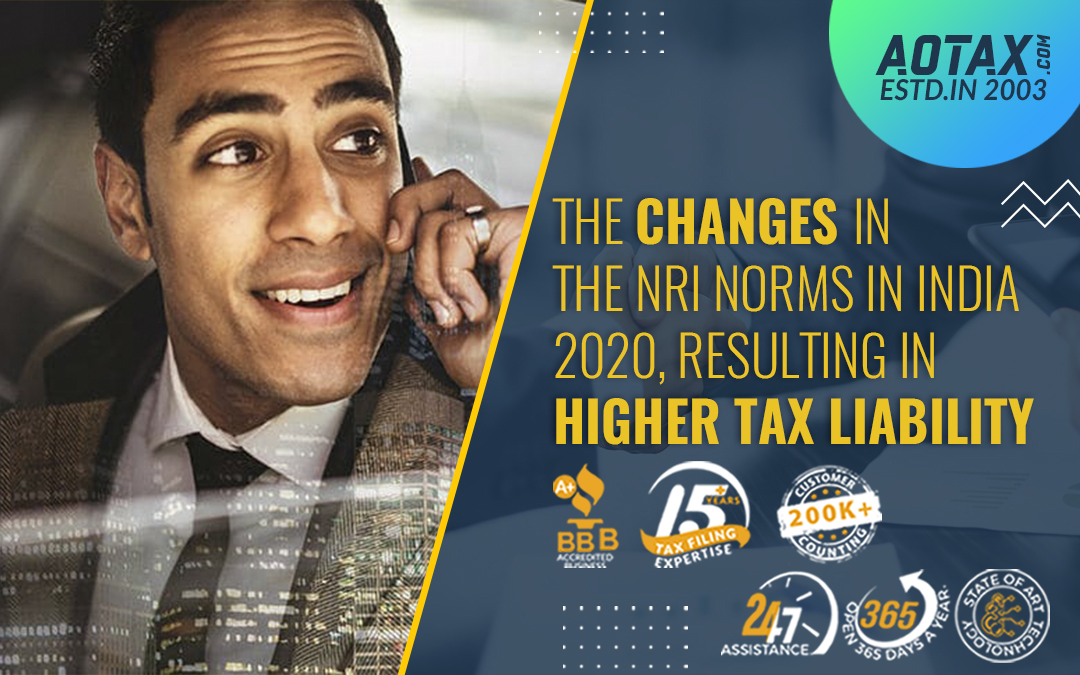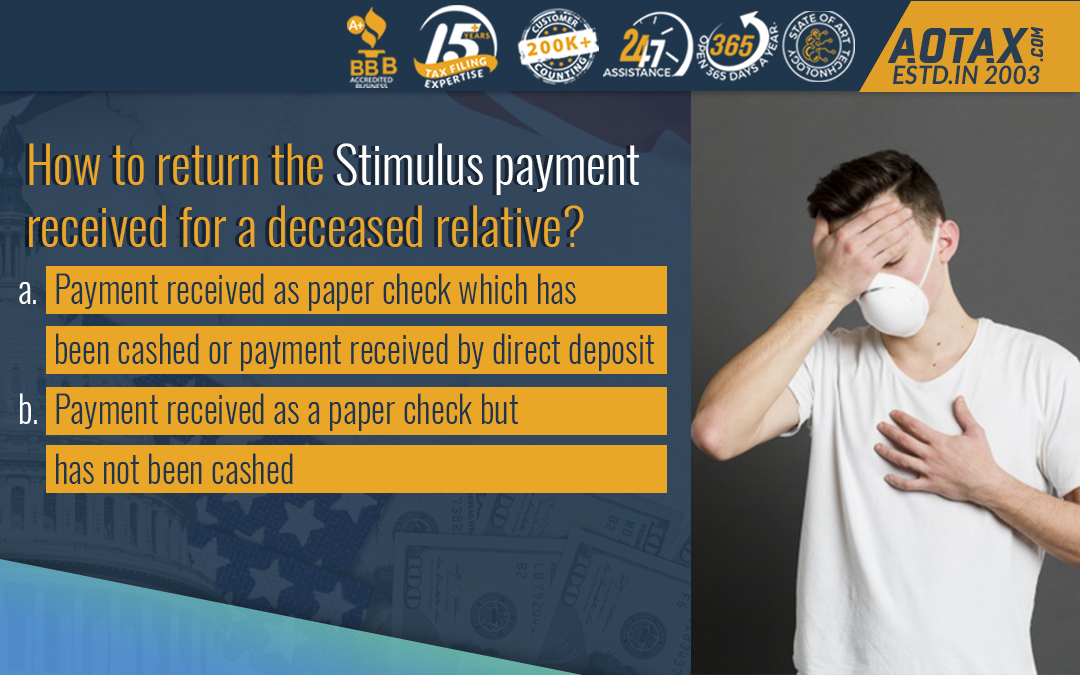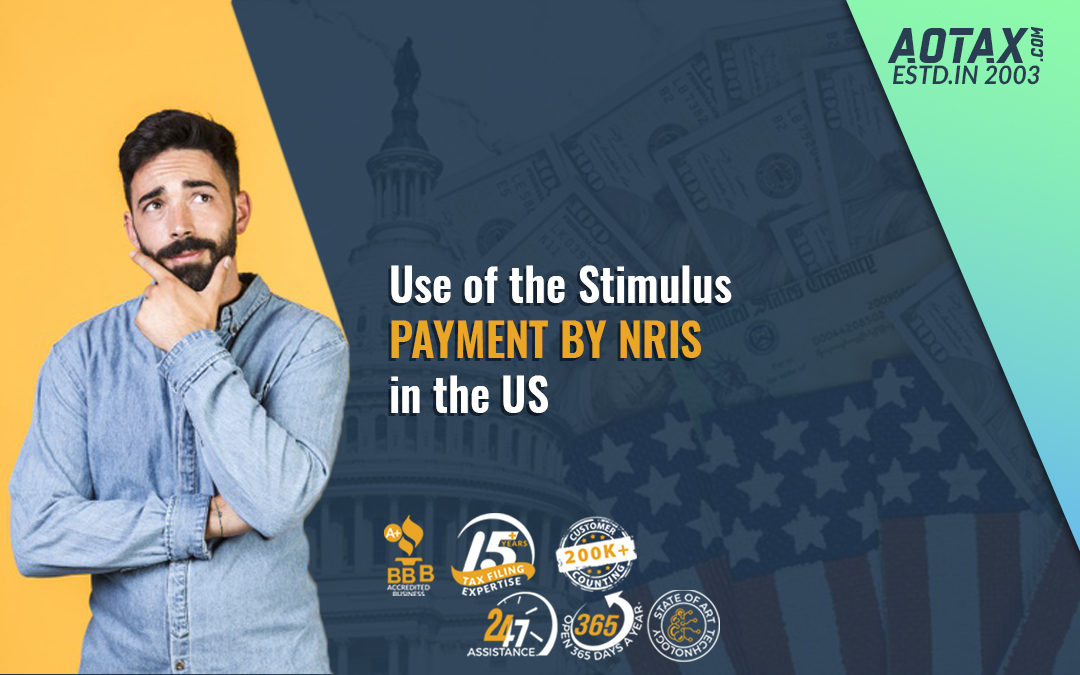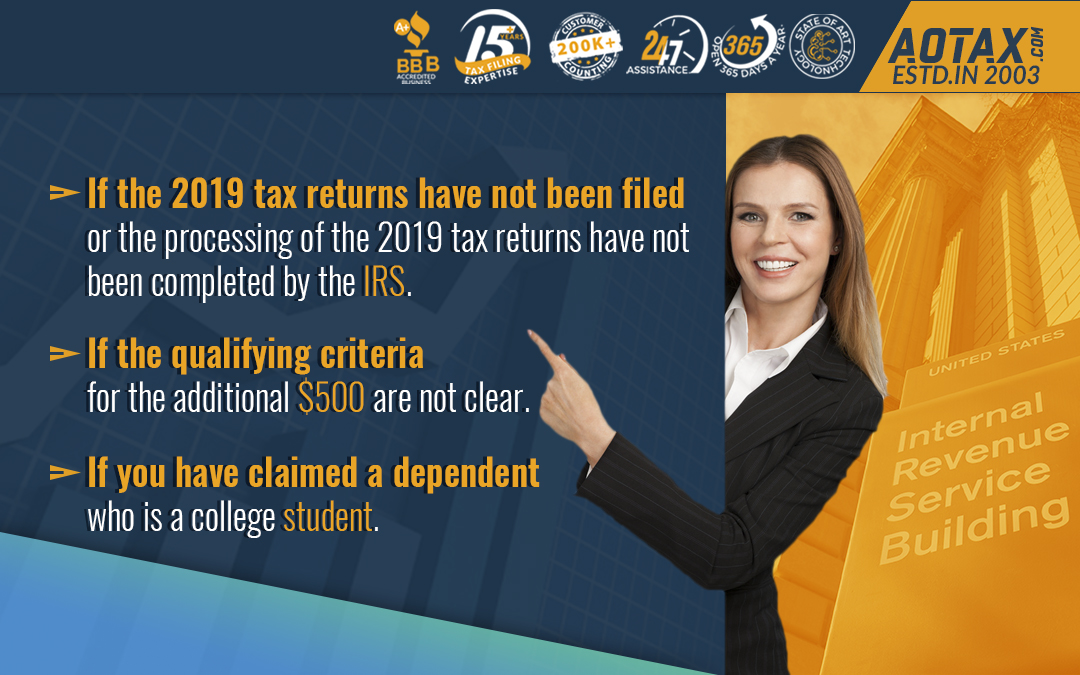
The changes in the NRI norms in India 2020, resulting in higher tax liability
The changes in the NRI norms in India 2020, resulting in higher tax liability
The novel coronavirus has been spreading across the world very rapidly making millions and millions of people sick. To put a brake on the speedily spreading coronavirus, domestic and international flights had been stopped on an interim basis by the Indian Government. As a result, many NRIs who had visited India had to extend their stay in India till the restrictions on flights are lifted.This extension in the stay of the NRIs and the foreigners in India due to the pandemic COVID-19 might lead to an increase in their tax liabilities. Non-resident Indians may be stuck in the country due to the restrictions imposed on travel, illnesses, or restrictions being imposed by the other countries. This extended stay can cause higher tax incidence if the stay exceeds the prescribed thresholds unless specific exemptions are provided by the Government to reduce the extra tax liabilities. In simple terms, the extended-stay by an NRI in India can bring him into the Indian income tax fold.
The taxation regime
According to the Income Tax Law, a person can be classified as a resident or a non-resident of India based upon his duration of stay in the country during a financial year.
- An NRI who is visiting India becomes a resident of India if he stays in India for 182 days or more in a financial year along with a stay of 365 days or more in four preceding years. This criterion applies to an NRI who is either a citizen of India or a person of Indian origin.
- However, according to the latest Finance Act, 2020 there have been certain amendments made to the tax residence criteria. From the Financial year 2020-21, the threshold for the period of stay for an NRI staying in India has been reduced to 120 days from 182 days.
- So, an NRI can become a tax resident with a minimum of 120 days stay only if the NRI is earning above Rs. 15 lakhs in a particular financial year. In this case, the NRI would be taxed on his global income
- However, the threshold of 120 days does not apply for those NRIs who have an Indian income of less than Rs. 15 lakhs and would become a resident only on a stay of 182 days in India.
- The Indian Income Tax Law does not differentiate between the voluntary or involuntary stay of an NRI in India for the determination of his residence for taxation. NRIs staying in India beyond their prescribed thresholds would attract tax liability even if they wanted to leave India.
Extension of lockdown and implications of being a tax resident
Due to the ongoing lockdown and non-resumption of International flights, an NRI would be taxable on his Indian income. NRIs would also face problems related to dual tax residency or citizenship. However, an NRI who became a tax resident of India is not liable to file his tax returns in India immediately. The process of taxation would need an evaluation on a case-to-case basis.
An NRI who has a taxable income in India above the basic limit of exemption i.e. Rs. 2.5 lakhs should file an income tax return in India. NRIs becoming tax residents of India might also face other problems such as taxability of the interest on their NRE accounts. Moreover, there might be changes in the TDS rates on their Indian income.
However, the Government of India might give some clarification on the matter related to the tax residency of the NRIs who have been bound to stay longer in India due to the current COVID-19 situations. The OECD (Organization for Economic Co-operation and Development) has recommended for some exemptions in the threshold limits related to the tax residency of NRIs. However, there has been notification on this but the Government might issue relaxation on this.
If there are no relaxations from the Indian Government, then the NRIs will have to file income tax returns in India. But, the NRIs need not pay any tax in case of the absence of an income in India. Also, they do not need to pay any tax on their foreign income in India.
Conclusion
Hence, it is important for the NRIs who have been held up in India due to the lockdown to consult about the impact of the new regulations related to tax residency rules in India. They must understand the rules and fulfill the compliances if applicable in their case.

















Recent Comments